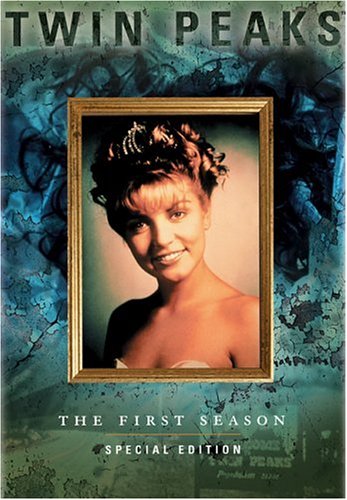by DionysusPsyche

"Consciousness gradually loses its coherence. One's center gives way. The center cannot hold. The 'me' becomes a haze, and the solid center from which one experiences reality breaks up like a bad radio signal. There is no longer a sturdy vantage point from which to look out, take things in, assess what's happening. No core holds things together, providing the lens through which to see the world, to make judgments and comprehend risk."
Elyn Sak's life unfolds before us in this amazing non-fictional novel about her life and struggle with schizophrenia. From page one, she holds your attention as she tells you about her childhood and turbulent journey into adulthood.
The author has both the strength of iron and a weakness that she has difficulty harnessing. She is an extremely intelligent and captivating woman who is diagnosed with what science later call a psychotic disorder. She is hospitalized several times in the book and forced to take medication, most often against her will.
As we see throughout her story, Elyn's tenacity runs deep and her determination is almost superhero worthy. She points out that in the middle of the 20th century and further back that doctors and the medical community locked up people like Elyn with any and everything that was considered abnormal. When sent to these mental institutions, the prognosis for the return to a normal life was very slim. She describes the inside operations as unbearable and more concerned with restraining those inside than looking for potential solutions to send them back out into the real world. The idea of the past was that if you had a drinking problem, an eating disorder, or something else, you should "just stop," which the author conveys as something people who don't understand say. It was common for most to believe that it was just a matter of will power, something Elyn feels throughout most of the novel even after prescribed medication.
"My brain was the instrument of my success and my pride, but it also carried all the tools for my destruction."
Elyn truly believes throughout the majority of her story that despite her brain's deception, her body's inability to cope with stress and change, and her deterioration of physical hygiene (all are common in patients with schizophrenia) that she can think her way out of this. The woman graduates from law school and becomes a PhD, so although the reader might be shaking his/her head while reading it, this smart lady has reason to believe that she can find a way out if she just tries harder. She talks about how (as the case is with crime and politics) when we hear of someone with schizophrenia, it is almost never with accolades for their accomplishments but because something unthinkably horrible happened when their disorder took a turn for the worst. We don't hear of their success stories or their plight of redemption.
While Elyn spends her life in and out of the hospital, she decides to pursue the law. She recognizes the flaws in the mental health system and that there are those like her who not only can overcome their mental incapabilities with counseling, medication, and group homes but must. She aids in their defense. This proves to be challenging and all her cases are closely monitored. Along her journey, Elyn has to change medication doses and psychoanalysts (despite the criticism from the health system who feel it's a waste of time) and travels through more up and downs than a roller coaster.
In the end, she flourishes and gains ground. She finds paths for dealing with her stress, argues with her doctors, and also adheres to their judgement. What Elyn proves by her life and telling of it is that people with schizophrenia can be incredible people if given a chance. They can help monitor their lives and can be members of society. She concedes that schizophrenics must be closely watched but not always put in a straight jacket. Support is needed for them and the mental health system can improve their lives if they know what they and their doctors can do for them.
My criticism of the book is that after the first half of the book, the second drags. I felt like she could have thrown out half of the chapters and potentially retained her original fast paced flight of the first part. The story would've remained the same, and it still would have worked. The message is important, and I feel that if it were adapted into a short story that it should be required reading.



















